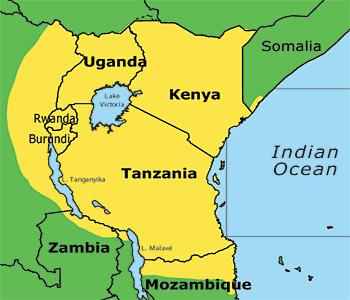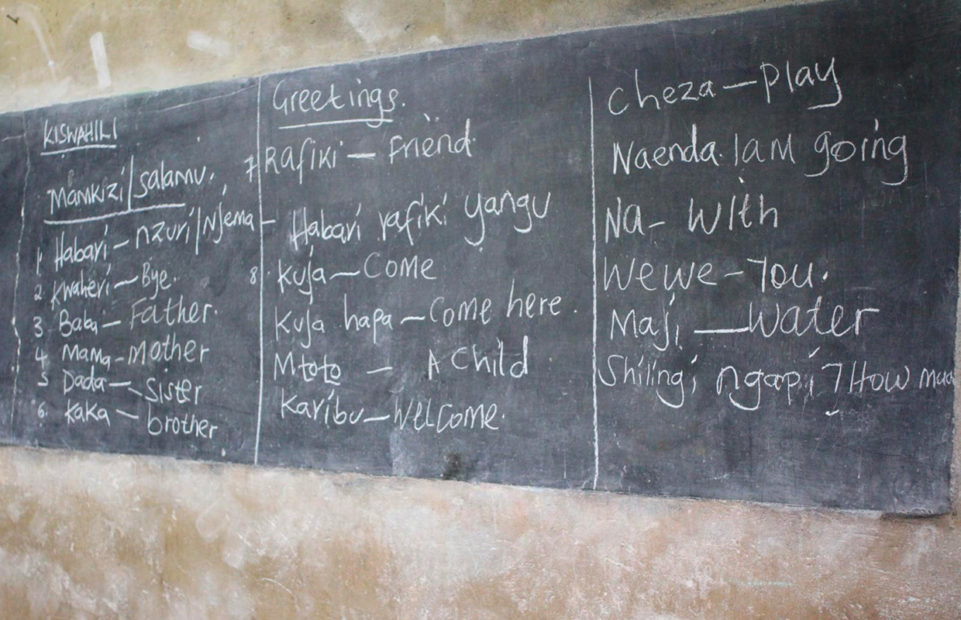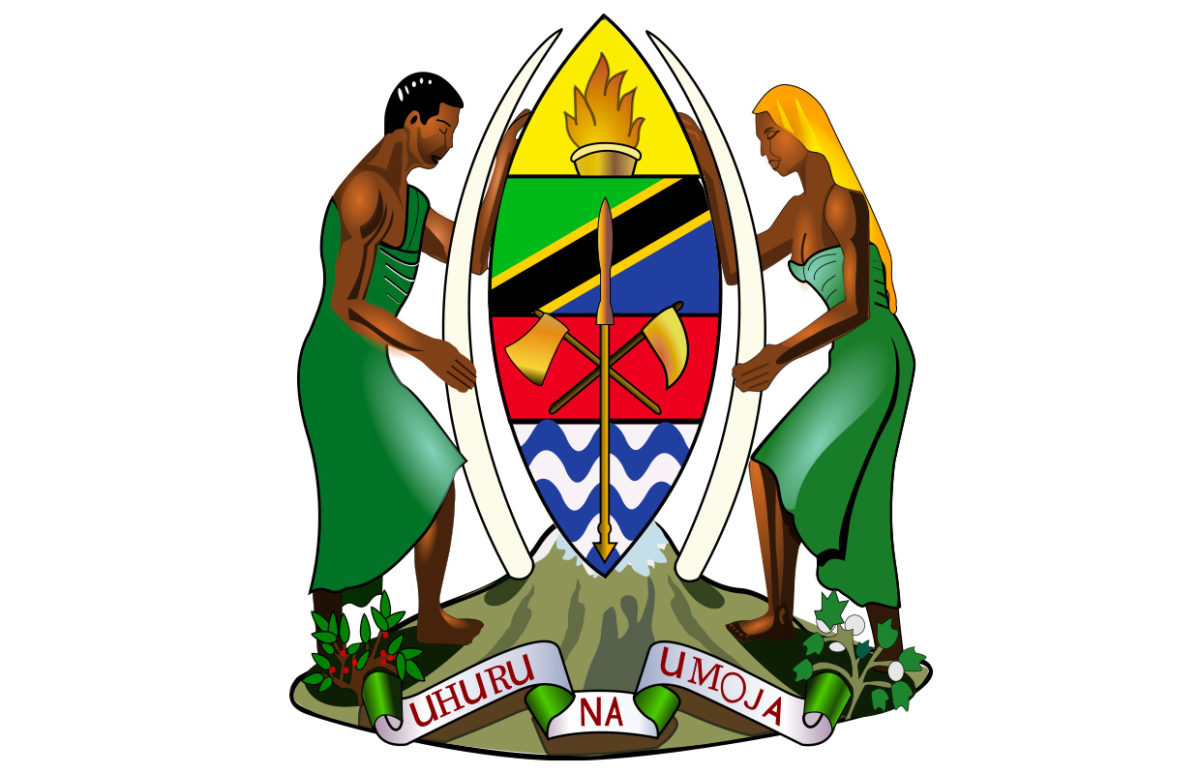7 July will be the first edition of World Kiswahili Language Day. The United Nations designated the official day in recognition of a language that is spoken by 200 million people across Africa. It is gaining in popularity and could one day replace English and French as a lingua franca native to the continent.
In November, UNESCO, the UN cultural organisation, designated 7th July as the World Swahili Language Day. According to UNESCO, Kiswahili is “among the 10 most widely spoken languages in the world, with more than 200 million speakers.” It originated in East Africa and was popularised as a lingua franca for trade. It is most widely spoken in Tanzania, Kenya and Uganda.

Swahili’s proponents think it could become an African lingua franca, displacing languages resulting from the continent’s colonialist past such as English, French and Portuguese and allowing Africans from different parts of the continent to communicate easily. It has been adopted as an official language by the African Union and East African Community intergovernmental organisations.
The leader of Tanzania’s bid for independence from the UK, and its first president, Julius Nyerere, promoted the idea of Swahili as a pan-African language. On 7 July, 1954, Nyerere’s Tanganyika African National Union adopted Swahili as means of unifying the future independent country where there were 120 languages spoken. That’s why 7 July has been chosen for the international celebration. Tanzania’s national coat of arms at the top of the page has a motto written in Swahili, “Uhuru na Umoja”, which translates as "Freedom and Unity" in English.

Language and Colonial Heritage
English has remained a lingua franca in many Commonwealth countries at least in part because the geography of the countries themselves result from the colonial legacy that means they are often made up of communities of different origins and who speak different languages. The choice of English as an official language avoided the domination of one language group after independence.
English is one of the official languages in 27 African countries out of 54, and French is an official language in 21. Swahili is making a bid to join, if not displace them.
This article would make an interesting counterpoint to
Shine Bright AMC SnapFile 12 Standard English.
Copyright(s) :
Tanzanian government
Randy McDonald
ultrabobban
 Downloadable resources ready to use in class
Downloadable resources ready to use in class> Shine Bright AMC File 12 Standard English
> Your Students Have Talent: Standard English
Tag(s) : "Africa" "colonisation" "English" "English-speaking world" "global English" "Kenya" "post-colonial movements" "Shine Bright AMC" "Tanzania" "Uganda"





